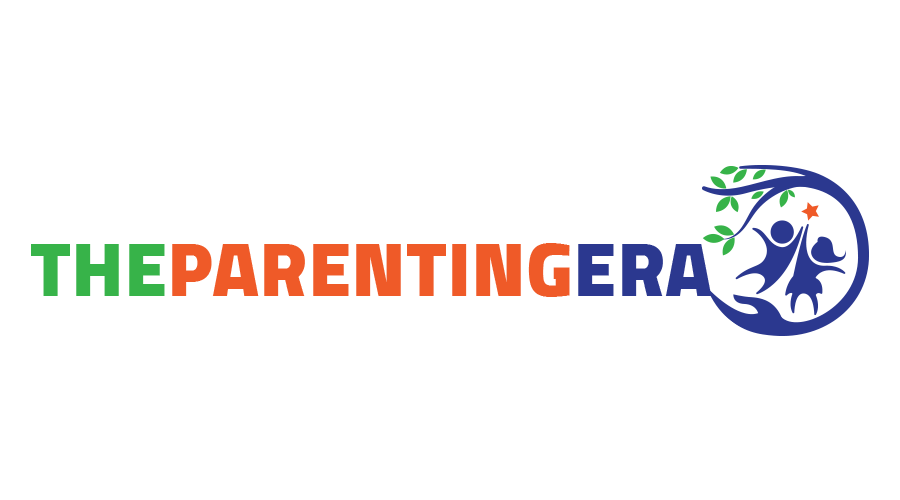As parents, our utmost concern is the well-being of our children. Podar Prep- the best preschool in India, make sure they’re well-nourished, physically fit, and receive a quality education. But what about their mental health? It’s a topic that can sometimes be overlooked, especially when it comes to young children. However, science has shown that even toddlers as young as two years old can experience depression. It’s crucial for us to recognize and address their mental health needs from an early age. To understand childhood development better, it’s essential to explore the world of early childhood education. Here are some valuable tips to support your child during this challenging phase:
Observe and Connect Through Art
The first step is to closely observe your child for any changes in behavior. Depression in children can manifest as sudden introversion, a reluctance to go out and play, or changes in eating habits. However, young children often struggle to express their emotions verbally. This is where art therapy can be a game-changer.
At Podar Prep, known as one of the best preschools in Mumbai, we understand the importance of holistic learning, including mental health. Provide your child with some paper and art supplies like crayons or markers. Encourage them to draw whatever might be troubling them. Art provides a means for them to convey their feelings when words may fail. After they’ve finished their drawing, sit down with them and discuss their artwork. You’ll be amazed at how this simple act can open the door to conversations about their emotions and fears.
Physical Activity for Mental Well-being
Physical health and mental health are deeply interconnected. Encourage your child to engage in regular physical activities. The more they play and explore outdoors, the better it is for their mental health. Fresh air and physical exercise go hand in hand.
Take them to the park, let them run, jump, and play. These activities release endorphins, the body’s natural mood lifters. Keep in mind that air-conditioned malls don’t offer the same benefits; fresh air is vital for their overall well-being.
Breathing Exercises
Teaching your child simple breathing techniques can be incredibly calming. Try the “breathing hand” technique. Show them how to take a deep breath in as they touch each finger and exhale as they release it. This technique helps children relax and manage their emotions.
Moreover, it’s a valuable tool for you as a parent. Parenting can be challenging, and practicing these techniques together can benefit both you and your child. It’s a shared activity that fosters a sense of togetherness.


